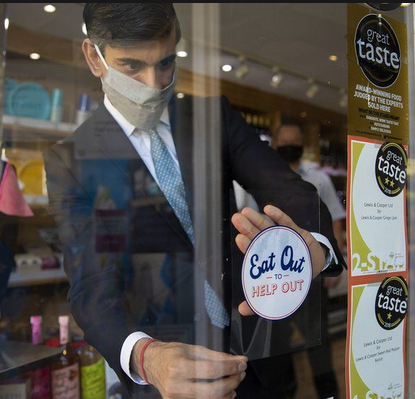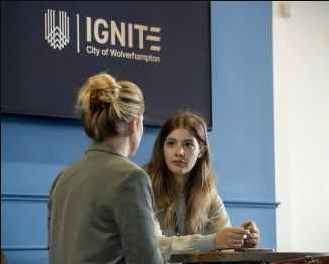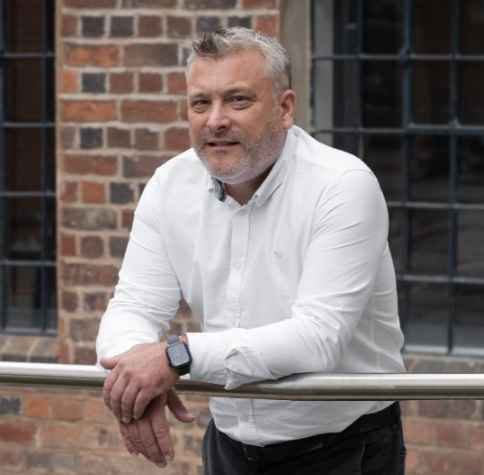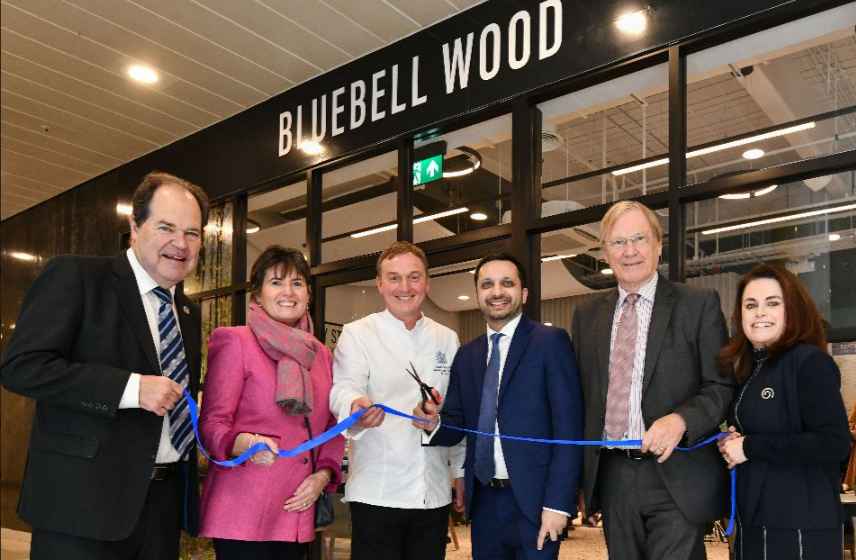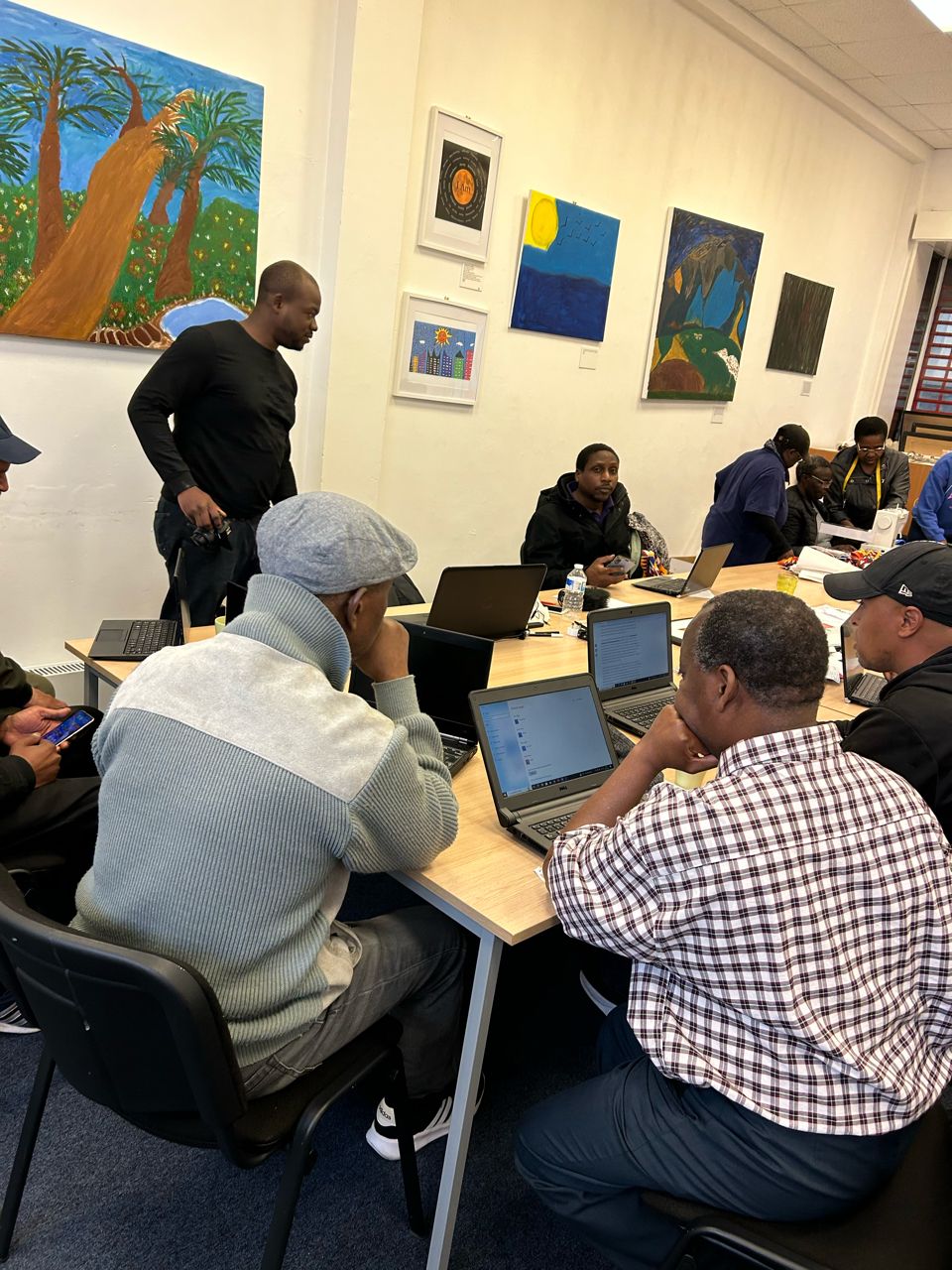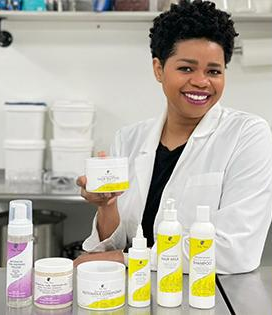Wolverhampton patients and their families struggling to meet extra costs brought on by their healthcare needs are to benefit from a £60,000 new initiative as the City of Wolverhampton Council have teamed up with The Royal Wolverhampton NHS Trust (RWT) to help reach those most in need.
The initiative is being funding from the government’s Household Support Fund and is designed to bridge the gap for those patients and their loved ones who struggle financially and incur extra bills due to their medical needs. Council Leader, Councillor Stephen Simkins said he was glad the initiative would help those who were already facing such huge challenges and did not need extra financial worries.
“The last thing you need when you or your children are ill and undergoing treatment is to be worrying about money,” said Cllr Simkins.
“People should not be in the position that they can’t afford small essentials that would help them get better. Although they can be small things, they all add up and the cost-of-living crisis has just exacerbated the situation.
“I’m glad we’re able to work with The Royal Wolverhampton NHS Trust to help make things easier for people during what is already such a difficult time in their lives.” RWT’s 27 Clinical Nurse Specialists (CNSs) are responsible for the healthcare needs of more than 3,000 young patients in the city.
The Clinical Nurse Specialists continually assess the needs of their patients, who are often long-term and well known to the nurses. The CNS team is usually aware of a family’s financial situation and can ensure support reaches those who need it without the need for means testing or submission of salary details.
Kirsty Lewis, Senior Matron for Acute Children’s Services at RWT, said: “A lot of patients our CNSs work with have medical needs that incur additional costs that go beyond the everyday spends.
“Our CNSs are working with some of the most complex families in Wolverhampton, who require additional support to ensure the health, safety and wellbeing of their children. The CNSs regularly see the patients and their families in their home so they see the everyday struggles and challenges they deal with.
“When the CNSs found out about this funding, they were really excited, knowing how it could help people who need support the most.”
Kirsty gave some examples of the support being provided:
- An anti-suffocation pillow for an epilepsy patient
- A mobile phone for a diabetic to access apps for electronic monitoring
- A one-off payment for a utility bill to help with an increased electricity bill from running extra equipment
- A breast pump for a new mum to help with breastfeeding
- A washing machine for incontinent patient whose clothes and bedding have to be washed multiple times a day.
“Much of this support goes beyond what we are usually able to provide as the healthcare provider,” Kirsty added.
“Having access to this funding means we are able to support families in a more holistic way, which makes all the difference. A huge part of our job is about improving outcomes in young people’s lives, so no family should be disadvantaged because of a medical condition they are managing at home.”




